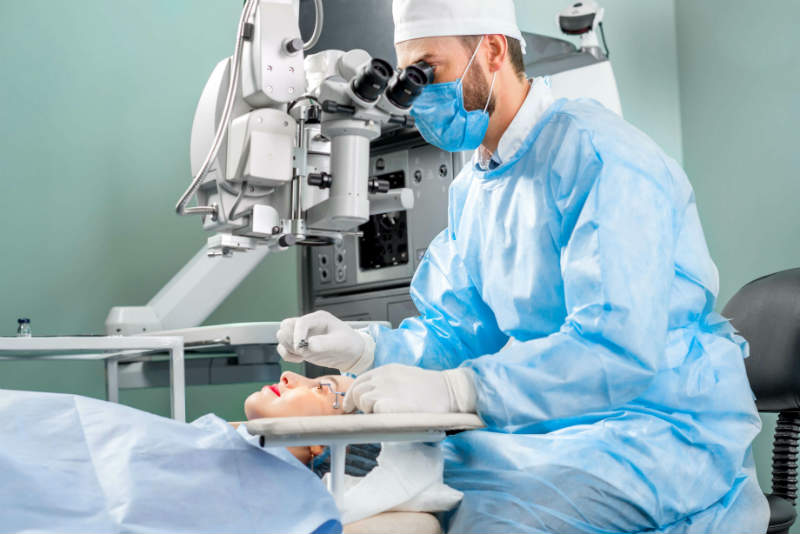Is Cataract Surgery Always Successful?
If you have bad eyes, you might be considering cataract surgery to improve your sight. Although it’s an extremely common procedure, the chances are that you’re worried about potential complications that could occur as a result of it.
With this in mind, we decided to put this short article together to outline the risks, benefits, and overall success rate of cataract surgery. As always, this is meant as advice only, and you should always seek a professional opinion on the matter.
But, before we jump into the overall success rate of cataract surgery, let’s have a quick look at what it is and why it’s useful.
What Is Cataract Surgery?
To put it simply, cataract surgery is a procedure which involves removing the damaged lense of your eye and replacing it with an artificial one. As you age, your eye’s natural lenses become cloudy and damaged, which can cause your vision to become cloudy. At the same time, cataracts can affect your daily activities, making basic activities like driving and reading difficult.
Luckily, this is fixable. Usually, people don’t have cataract surgery until their vision is seriously affected, but the good thing is that most people make a full recovery post surgery.
Will My Cataract Surgery Be Successful?
In general, cataract surgery is an extremely successful procedure. Your doctor will be able to advise you on the exact chances of success, but there’s usually little to no risk involved.
However, there is a small chance that you will suffer adverse side effects. Because of this, surgery is usually performed separately in each eye, even if both eyes are seriously affected.
What Are the Potential Risks?
Again, cataract surgery is usually an extremely successful procedure, and your eye should be completely healed within two months. However, there is a small risk of a few side effects occurring, including:
Inflammation – For starters, there’s a small chance of ongoing inflammation and infection of the eye as a result of cataract surgery. Although the risks are small, this can result in ongoing discomfort and complications if left untreated.
Retinal detachment – In very rare cases, retinal detachment can occur. Your vision can be seriously affected if this happens, and you should speak with your doctor immediately if you experience problems.
Loss of vision – Similarly, there’s a small risk that you will lose vision entirely in your eye. This is one of the reasons why surgeons usually only operate on one eye at a time.
Drooping eyelid – Additionally, cataract surgery can damage your nerves, which can result in things like drooping eyelids and permanent swelling.
Some of the other potential side effects of cataract surgery include bleeding, glaucoma, and secondary cataracts.
Final Word
Although cataract surgery is almost always successful, there is a small chance of ongoing complications – as there is with any surgery. We always recommend speaking with your doctor before committing to a procedure to make sure that you understand the risks. Similarly, if you experience problems post surgery, you should let your surgeon know immediately.

